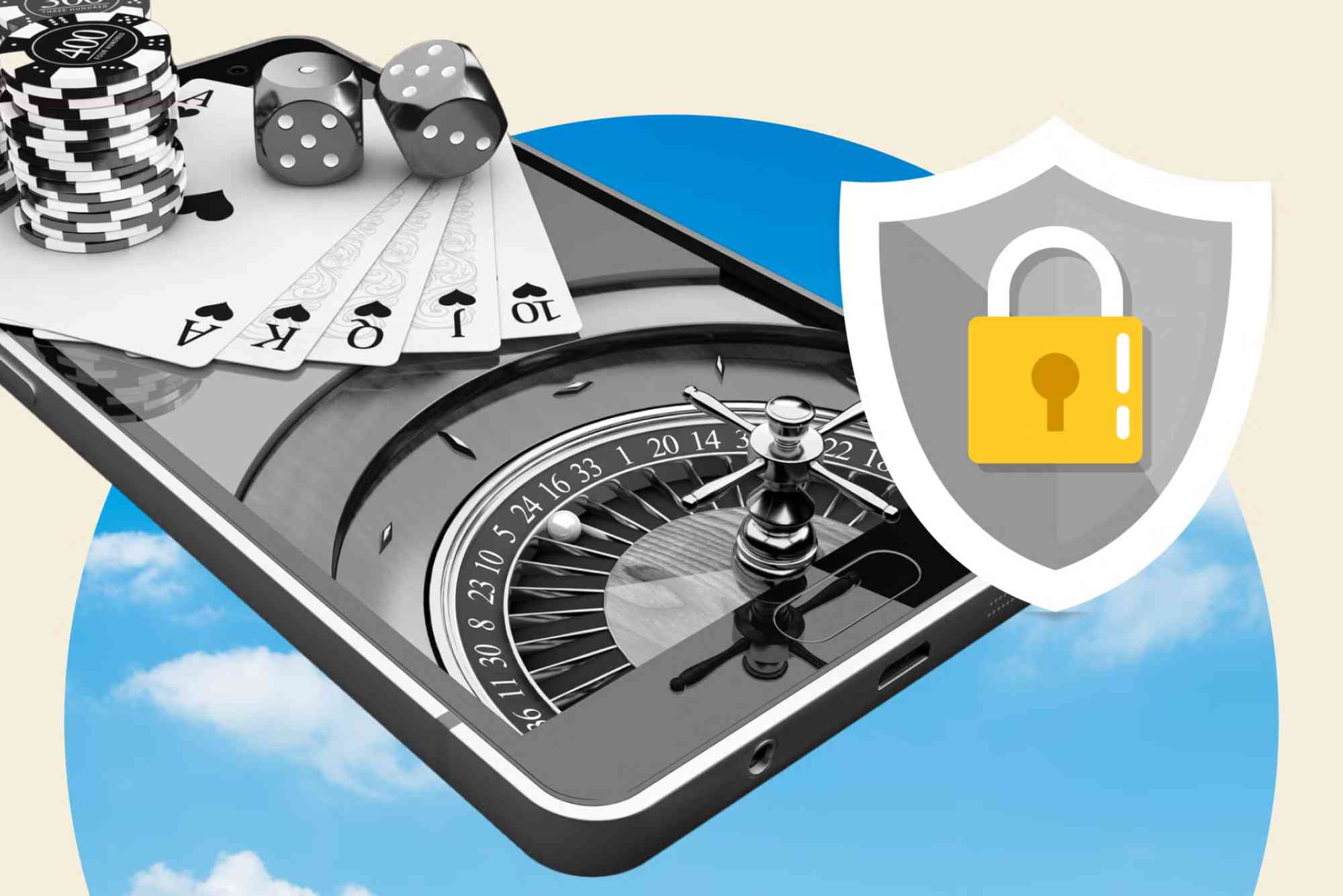I still remember the first time I sat down at a buzzing casino floor and noticed how the clinking bells, synthesizer jingles, and fanfares seemed to echo every nudge of the reels. It felt like the machine was cheering me on, creating an electric atmosphere that tugged at my senses. After countless sessions playing both land-based machines and online slots, I began to wonder: do these carefully crafted sound effects actually influence the game’s outcomes? In this deep dive, I’ll share expert insights, practical observations, and real-world examples—so you can see beyond the bells and whistles.
Understanding RNG and Slot Sound Design
Modern slots, whether physical or digital, operate on random number generators (RNGs). These sophisticated algorithms ensure each spin is independent, drawing results from thousands of possible combinations per second. In other words, the chime of a near-miss or the roar of a jackpot fanfare doesn’t change the underlying math. Yet sound design remains a crucial layer of the player experience. Developers collaborate with audio engineers to align sound cues with events like free spins, bonus triggers, or near-misses. It’s all about creating emotional highs and subtle nudges to keep you engaged—nothing more, nothing less.
A Case Study: The Aviator Game
A perfect illustration of sound’s power—and its limits—is the renowned aviator game. Aviator is a crash-style title where a plane ascends until it “crashes,” and players must cash out before it’s too late. The game’s pulsing engine hum and crescendoing soundtrack ramp up tension, making each second feel critical. Yet when it comes to outcomes, the sound doesn’t alter the crash point predetermined by RNG logic. Instead, it amplifies our perception, making wins feel triumphant and losses sting just a bit more. Developers know this psychological trick well, using audio to shape our emotions without touching the code that generates results.
Common Myths and Misconceptions
Many players believe that louder sounds or more intense jingles signal a “hot machine.” I’ve heard everything from “If the bells ring three times, the next spin is a winner” to “Soft volume means the jackpot is near.” In reality, these are just clever audio cues timed to events—nothing more. Online, some forums speculate that muting your volume prevents bad luck. While I applaud any strategy that promotes mindful play, muting simply removes distractions; it doesn’t tilt the RNG odds in your favor.
Emotional Impact and Perceived Control
Sound effects serve to engage our emotional brain. A gentle “ding” when a high-paying symbol lands creates satisfaction; a dramatic swoosh for a scatter pays off taps into reward centers in the brain. Research in gaming psychology shows that such sounds can extend playtime, as we chase the next audio payoff. When I played sessions with high-volume effects, I noticed I was more prone to “just one more spin.” Conversely, muting the game gave me moments of reflection—pauses that often led me to cash out sooner.
Real-World Observations from Casinos
On the casino floor, I’ve watched technicians swap out machines for quieter variants in areas aimed at casual players who might be overwhelmed by constant noise. In digital lounges, I’ve seen operators offer customizable audio settings—letting players dial down jingles or skip ambient tracks altogether. These features respect diverse preferences and, indirectly, promote responsible gaming by letting you manage sensory stimuli.
Practical Tips for Mindful Audio Settings
When you choose a slot, experiment with volume and audio settings. If you find yourself spinning too long chasing a soundtrack high, try lowering the volume or muting certain effects. Alternatively, embrace immersive audio for special sessions—like celebrating a birthday spin. The key is conscious control: use sound to enhance enjoyment, not dictate your decisions.
Looking Ahead: Innovations in Slot Audio
The next frontier is adaptive sound engines that respond to individual play patterns. Imagine audio that subtly shifts tempo if you’ve been on a losing streak, nudging you to take a break. While such systems promise more personalized experiences, regulators and responsible gaming advocates will likely scrutinize these methods to ensure they don’t exploit player psychology.
Conclusion
Sound effects in slots create memorable experiences, heightening excitement and emotion. But despite the thrill generated by jingles, dings, and roaring fanfares, they don’t influence the underlying RNG outcomes. By understanding this distinction, you can use audio to enrich your play without falling for myths of “sound-based luck.” Keep your settings tuned to your taste, and you’ll enjoy slots with both clarity and control.




